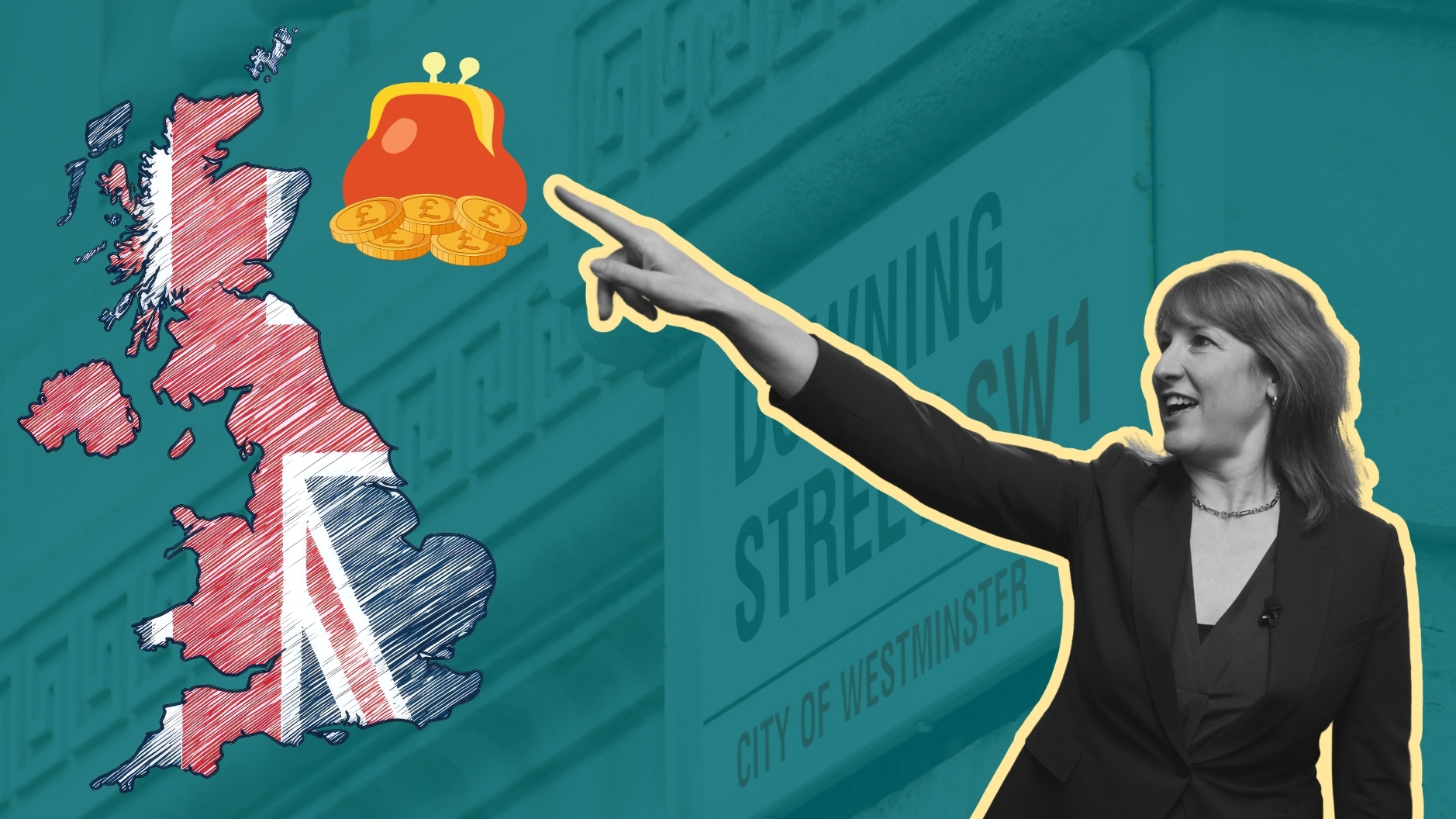Why Isas are still the best place for cash
George Osborne's new tax-free allowance on cash deposits is good news, says Merryn Somerset Webb. But don't neglect your Isa.

Get the latest financial news, insights and expert analysis from our award-winning MoneyWeek team, to help you understand what really matters when it comes to your finances.
You are now subscribed
Your newsletter sign-up was successful
Want to add more newsletters?
George Osborne wants to create a savings culture in the UK. That's a good thing, given that we haven't got much of one at the moment.
So you'd think that we would welcome the chancellor's announcement that, with effect from April 2016, basic-rate taxpayers will be able to earn up to £1,000 of interest per year on cash deposits tax-free (higher-rate taxpayers only get a £500 allowance). And we do but only half-heartedly.
Jonathan Eley, writing in the FT, is with us on this. The tax-free allowance is "a good idea in theory", says Eley, since "taxing savings interest sends a very negative message and erodes already threadbare returns". But it isn't all good. Why? First, the policy doesn't really benefit those that Osborne claims it is aimed at.
Try 6 free issues of MoneyWeek today
Get unparalleled financial insight, analysis and expert opinion you can profit from.

Sign up to Money Morning
Don't miss the latest investment and personal finances news, market analysis, plus money-saving tips with our free twice-daily newsletter
Don't miss the latest investment and personal finances news, market analysis, plus money-saving tips with our free twice-daily newsletter
To earn £1,000 of interest at current interest rates you would need to have around £60,000 on deposit. Not very many "hard-working families" have that kind of money sitting around. So the biggest beneficiaries will be not those families, but those "who are asset rich with sub-£40,000 incomes". And "you can probably guess who they are". The other slight problem with the policy is that it makes cash individual savings accounts (Isas) look increasingly pointless.
If your interest is tax-free anyway, there is little reason to stick it in an Isa particularly as you can usually get a better rate of interest outside an Isa. That's a shame, since the government should be encouraging people to be saving inside Isas.
Richard Evans, writing in The Sunday Telegraph, explains why. Let's say you decide to give up on Isas and instead save £10,000 a year in deposits that pay 2% a year. It takes you five years to build up enough savings for the interest to be taxed.
At that point you go back to using Isas. But let's then say that rates begin to normalise and that the interest rate on those savings goes up to 4% a year.You are now liable for tax on the extra interest which you wouldn't have been in an Isa.
You might have received a slightly higher rate of interest tax-free in the short term by holding your money outside an Isa. But in the long term, you've given up valuable tax-wrapper rights by allowing each year's Isa allowance to go by unused. That's particularly the case if you might want to transfer the money you have in cash to a stocks and shares Isa at any point.
If the cash is in a cash Isa, you can shift it all over in one go, whereas if you keep the cash outside an Isa, you'll only be able to pay in a certain amount each year. Once inside an Isa, all the capital gains and the dividend income will be tax-free. That's a perk that, over the long term, will be worth many multiples of the extra interest gained on the money outside an Isa.
Get the latest financial news, insights and expert analysis from our award-winning MoneyWeek team, to help you understand what really matters when it comes to your finances.

-
 What do rising oil prices mean for you?
What do rising oil prices mean for you?As conflict in the Middle East sparks an increase in the price of oil, will you see petrol and energy bills go up?
-
 Rachel Reeves's Spring Statement – live analysis and commentary
Rachel Reeves's Spring Statement – live analysis and commentaryChancellor Rachel Reeves will deliver her Spring Statement today (3 March). What can we expect in the speech?